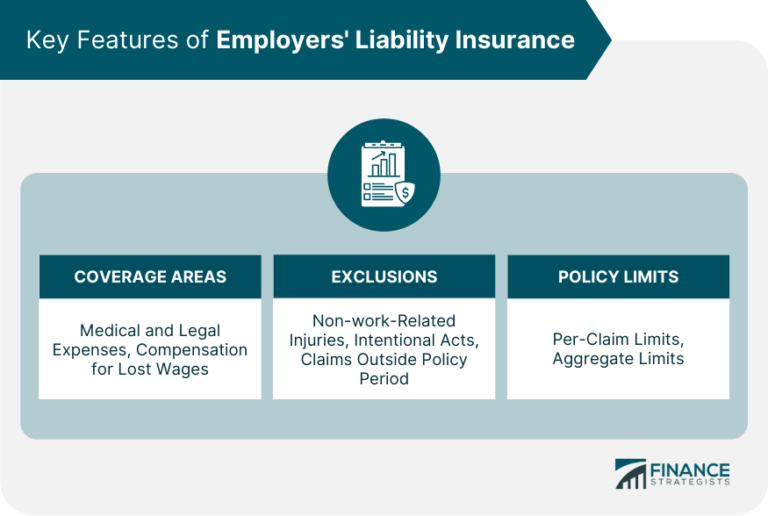
1. Understanding the Role of Insurance Companies
Insurance companies are businesses that aim to maximize profits by minimizing claim payouts. When dealing with them, remember:
- Their goal is to settle for the lowest amount possible.
- Insurance adjusters are trained to find reasons to reduce or deny claims.
- They may use tactics to delay settlements or pressure you into accepting a low offer.
Knowing this will help you approach the process strategically.
2. Report the Accident Promptly
Timely reporting is crucial when filing a personal injury claim. You should:
- Notify your insurance company and the at-fault party’s insurer as soon as possible.
- Provide basic facts about the accident without admitting fault.
- Avoid providing recorded statements without consulting an attorney.
3. Gather and Preserve Evidence
To strengthen your claim, collect and preserve all relevant evidence, including:
- Medical records and bills.
- Accident reports or police reports.
- Photos and videos of the accident scene, injuries, and property damage.
- Witness statements.
- Any correspondence with the insurance company.
The more evidence you have, the stronger your case will be during negotiations.
4. Be Cautious When Speaking with Insurance Adjusters
Insurance adjusters may seem friendly, but their job is to protect the insurer’s interests. When dealing with them:
- Stick to the facts and avoid speculation.
- Do not admit fault or downplay your injuries.
- Decline to provide recorded statements without consulting an attorney.
- Be wary of signing any documents before reviewing them carefully.
5. Calculate the Full Value of Your Claim
Before accepting any settlement offer, ensure you account for:
- Medical expenses (past, present, and future).
- Lost wages and reduced earning capacity.
- Property damage.
- Pain and suffering.
- Emotional distress and psychological impact.
A personal injury lawyer can help determine the full value of your claim.
6. Avoid Accepting the First Settlement Offer
Insurance companies often offer low initial settlements to resolve claims quickly. Before accepting:
- Review the offer carefully.
- Compare it with your calculated damages.
- Consult with a lawyer if the offer seems unfair.
Negotiating can often lead to a higher settlement amount.
7. Negotiate Effectively
Negotiation is a key part of dealing with insurance companies. To strengthen your position:
- Present clear evidence supporting your claim.
- Be patient and avoid rushing into a settlement.
- Counter lowball offers with well-supported demands.
- Consider using demand letters outlining your case.
A skilled attorney can handle negotiations on your behalf and increase your chances of a fair settlement.
8. Watch for Bad Faith Insurance Practices
Some insurers engage in bad faith tactics to avoid paying claims, such as:
- Unjustified claim denials.
- Delaying claim processing without a valid reason.
- Offering significantly lower settlements than warranted.
- Misrepresenting policy terms.
If you suspect bad faith practices, you may need legal assistance to file a complaint or lawsuit against the insurer.
9. Consider Mediation or Arbitration
If negotiations stall, alternative dispute resolution methods such as mediation or arbitration can help. These involve neutral third parties who facilitate discussions and help reach a fair resolution.
10. Hire a Personal Injury Lawyer
If you encounter difficulties in dealing with the insurance company, hiring a personal injury lawyer can be beneficial. An attorney can:
- Handle communications with insurers.
- Gather and present evidence effectively.
- Negotiate aggressively on your behalf.
- Represent you in court if necessary.
Most personal injury attorneys work on a contingency fee basis, meaning you don’t pay unless you win your case.
Conclusion
Dealing with insurance companies in a personal injury claim requires patience, persistence, and a strategic approach. By understanding their tactics, gathering strong evidence, negotiating effectively, and seeking legal assistance when needed, you can maximize your chances of obtaining fair compensation. If you are struggling with an insurance claim, consulting a personal injury lawyer can help protect your rights and secure the best possible outcome.